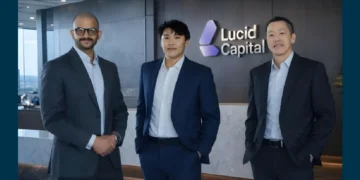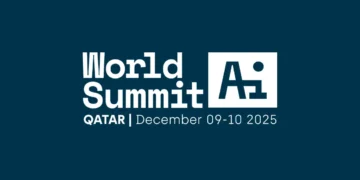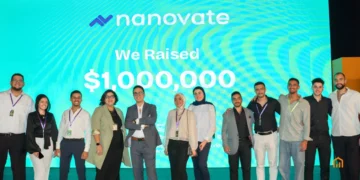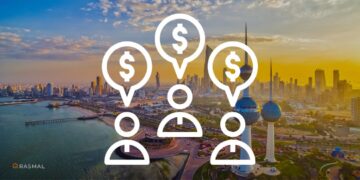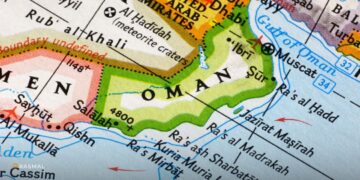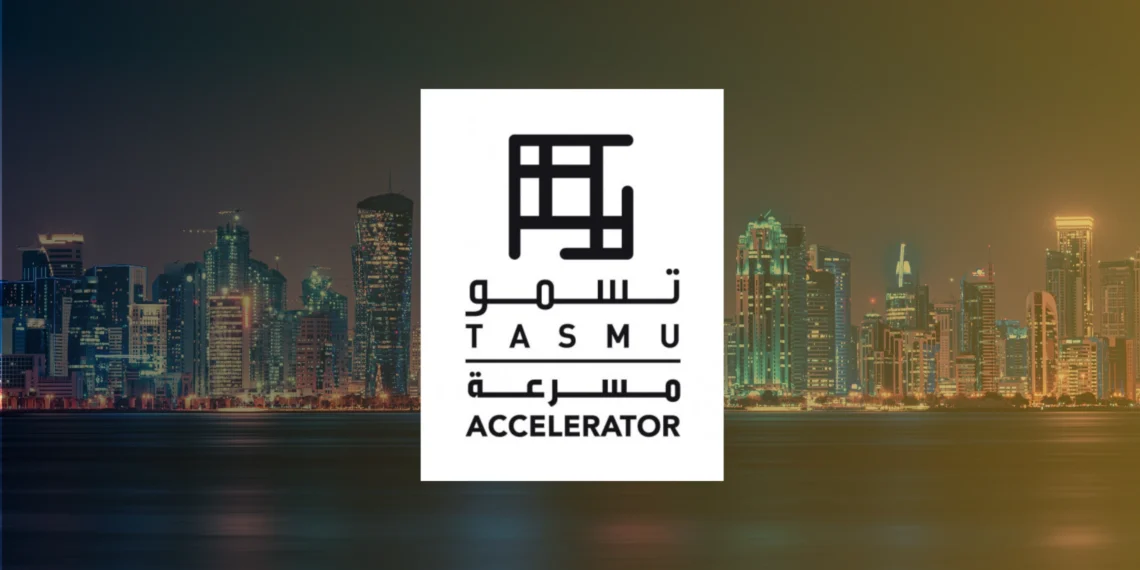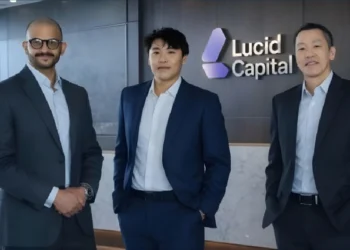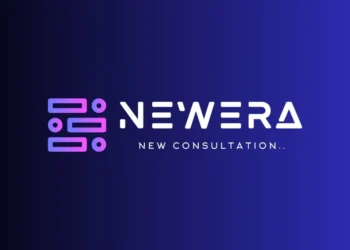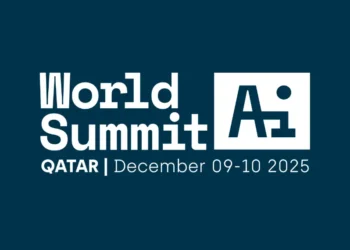The latest cohort yields QAR 1.10 billion in startup valuations, demonstrating strong momentum for Qatar’s innovation initiative.
Just three years into Qatar’s ambitious startup innovation initiative, early results show promise: TASMU Accelerator companies have reached a combined portfolio value of QAR 2.92 billion, providing early validation for the country’s digital economy strategy.
The findings come from the latest TASMU Accelerator Progress Report, which tracks the performance of startups across the program’s two completed cohorts.
TASMU – short for Technology and Smart Solutions for Modern Urban Living – started in 2022 as Qatar’s answer to a tough question: How do you build a tech economy from scratch? The Ministry of Communications and Information Technology created the program as part of Qatar’s Vision 2030 and Digital Agenda 2030, hoping to prove that government-backed accelerators could actually work in the Gulf region.
The latest performance data suggests the early indicators are positive. Fifty startups across two program rounds have generated QAR 479 million in sales and pulled in QAR 228 million from investors around the world. What’s particularly encouraging is how the second group of companies outperformed the first – they alone are worth QAR 1.10 billion and brought in QAR 114 million in sales, indicating the program is gaining momentum.
“The results achieved reflect the effectiveness of this initiative in supporting entrepreneurs and deepening collaboration between the public and private sectors,” said H.E. Mohammed bin Ali Al Mannai, Minister of Communications and Information Technology.
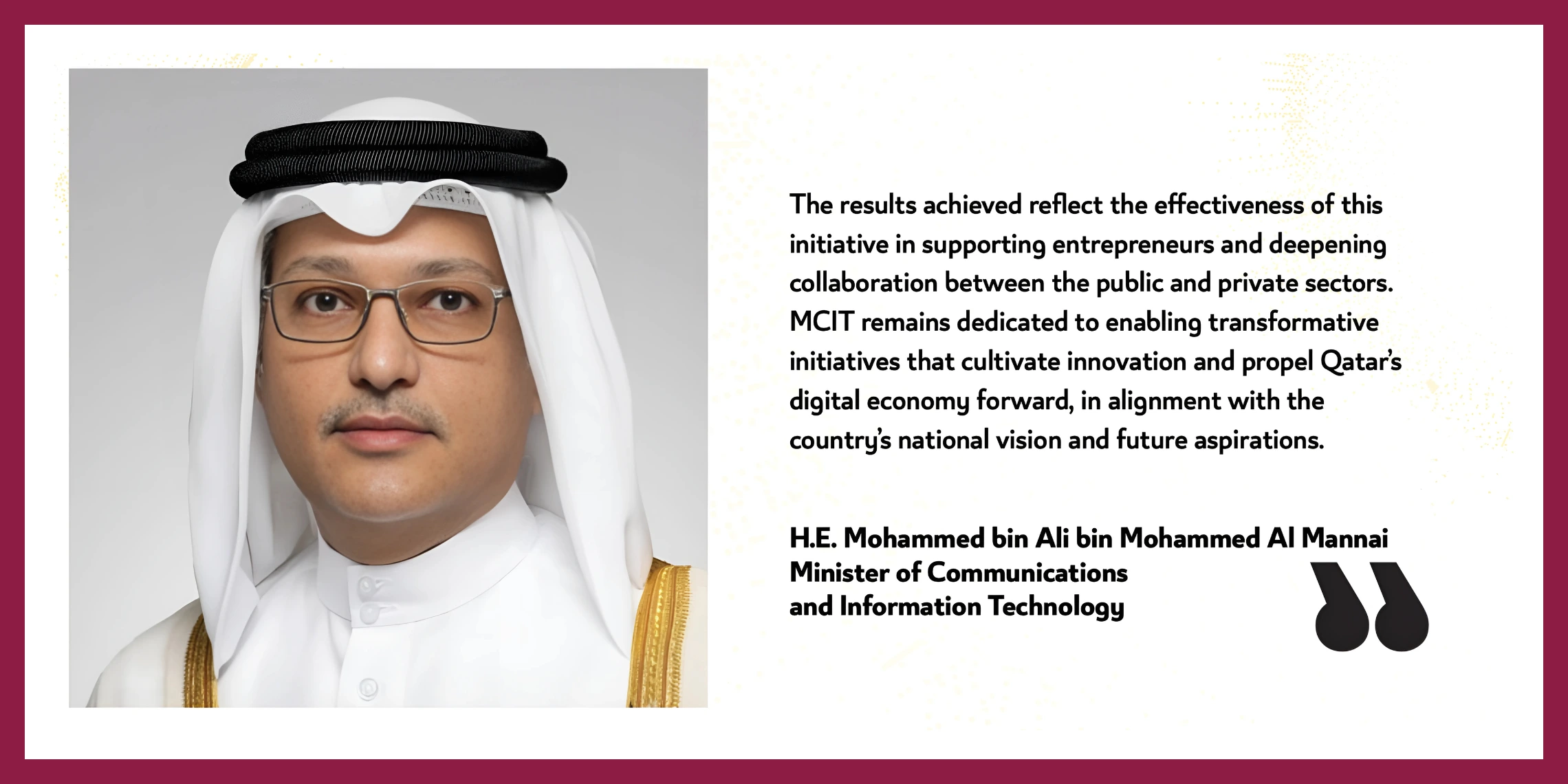
Startups Want In
The program’s popularity has exploded. Over 1,185 companies from 78 countries applied to join, with 640 applications coming just for the second round. That’s a big jump from the first cohort and shows international startups now see Qatar as a serious place to build their businesses.
TASMU tackles problems that have long held back Qatar’s startup scene – mainly that entrepreneurs couldn’t find funding, mentors, or ways to reach customers. The program focuses on four areas where Qatar wants to lead: healthcare, environment, transportation and logistics, and tourism.
Real Companies, Real Solutions
The sector focus is paying off with actual products people want to buy.
In healthcare, companies like Santechture are using AI to help hospitals manage their billing, while PhysioHome brings physical therapy services directly to families and seniors at home.
Transportation and logistics startups are tackling everything from EV charging (WrenEV‘s modular software) to airport safety (Oreyeon’s automated airfield inspections), helping Qatar build its reputation as a regional logistics hub.
Environmental companies are getting creative with sustainability. DeepLeaf uses AI to spot crop diseases before they spread, while other startups are building IoT platforms to monitor air quality and reduce waste.
Tourism was added in the second round, with companies building mixed reality tools and family travel platforms to boost Qatar’s appeal to international visitors.
More Than Just Money
What makes TASMU different from typical accelerators is how much support startups actually get. Companies received over 2,000 hours of one-on-one mentoring from more than 100 industry experts. The mentorship scored 4.4 out of 5 in satisfaction ratings, with founders praising how relevant and practical the advice was.
The training workshops weren’t just theoretical either. Topics covered Go-to-Market Strategy, Growth Hacking, Financial Modeling, and Investor Relations. Eighty percent of participants attended all sessions, and nearly one-third said the training completely changed how they think about their business.
But the real value came from connections. Startups met with over 100 senior leaders from companies like Microsoft, Ooredoo, Sidra Medicine, Hamad Medical Corporation, TotalEnergies, and Qatar Airways. These weren’t just courtesy calls – they led to product testing, strategy refinement, and actual sales.
The Numbers That Matter
The commercial results speak for themselves. Startups generated 205 qualified sales leads worth over QAR 137 million. Almost half (44%) came from transportation and logistics, 39% from healthcare, 13% from environment, and 4% from tourism.
Sales performance has been solid too. Companies hit QAR 74 million in global sales and over QAR 4.8 million in domestic Qatar sales through pilot projects and local contracts. That shows these aren’t just ideas – they’re businesses that can actually sell products.
The investor demo day brought together 25 startups and 15 venture capital firms from the region and beyond. The event generated over 15 serious investment discussions, and companies ended up raising money from 17 global funds plus 2 Qatar-based investors.
Building Local Roots
TASMU hasn’t just parachuted in foreign startups – it’s built real connections to Qatar’s economy. The companies have formal partnerships with 49 Qatari organizations across healthcare, energy, transport, and tourism. These partnerships help startups understand local markets while giving Qatari companies access to cutting-edge technology.
The selection process is rigorous too. Companies go through multiple rounds of evaluation, from basic eligibility checks to growth assessments and final graduation reviews. Only the most promising ventures make it through.
Global Recognition
The international startup community is taking notice. TASMU companies have won 11 major awards, including 9 international and 2 local honors. These aren’t participation trophies – they’re recognition that Qatar is fostering genuinely innovative solutions.
The second cohort’s top performers show the program’s range: healthcare innovators like Santechture and PhysioHome, transportation solutions from WrenEV and Oreyeon, and environmental technologies from DeepLeaf. Each company represents a different approach to solving real-world problems.
What’s Next
TASMU has demonstrated early success in proving that Qatar’s innovation strategy can work. With partnerships across nearly 50 Qatari companies and engagement spanning 78 countries, the program is beginning to reshape how the country approaches its digital future.
The accelerator fits into Qatar’s broader economic plans under Digital Agenda 2030, the Third National Development Strategy, and Qatar’s Vision 2030. It’s not just about helping startups – it’s about building the foundation for a more diverse, sustainable economy.
The program’s success shows Qatar is serious about innovation. By combining government support with private sector expertise, TASMU is creating an ecosystem that attracts international talent while building local capabilities. The model could easily be replicated across the Gulf region.
For Qatar, the QAR 2.92 billion in startup value represents more than just numbers. It’s early evidence that the country’s vision of becoming a digital transformation hub is gaining traction and showing measurable progress toward its economic diversification goals.
TASMU continues accepting applications for future cohorts, with the next selection process expected to launch in the coming months.
For full data and program insights, you may download the official TASMU Accelerator Progress Report below.
Follow us on Instagram, LinkedIn, and Twitter for startup & business news and inspiring stories of MENA businesses, entrepreneurs, startups, innovators, investors, and change-makers.
To report any issue or error in the story, please email us editor [at] rasmal [dot] com.
Last Updated on July 20, 2025 by Safiya K

